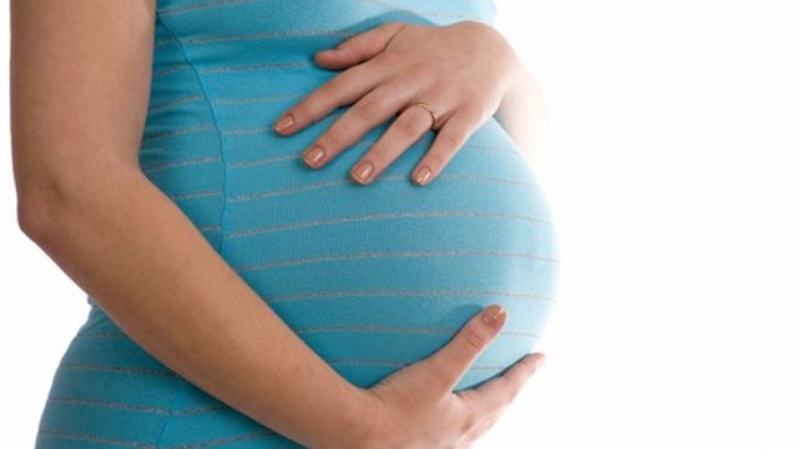
Women who develop high blood pressure or gestational diabetes during pregnancy may face a greater risk of having these conditions again later in life, a study suggests.
To see how these pregnancy complications impacted health later in life, researchers started following more than 22,000 women when they were in their mid-50s, about 27 to 29 years after their first pregnancies had occurred.
They found that women who had high blood pressure during pregnancy were more than twice as likely to have it later as women who didn't experience this complication when they were younger. Women with this problem during pregnancy were also more likely to develop cardiovascular disease.
In addition, women who developed diabetes during pregnancy had a four-times-higher risk of developing diabetes again later on.
And among women who developed diabetes or hypertension later in life, those problems typically got recognized earlier if they had previously experienced the conditions during pregnancy, researchers found.
"If we understand that women with hypertensive disorders of pregnancy are at increased risk of developing hypertension and subsequent cardiovascular disease, and women with gestational diabetes are at increased risk of developing type 2 diabetes mellitus, these women could benefit from screening programs," lead study author Karst Heida of the University Medical Center Utrecht in the Netherlands said by email.
Overall, almost 6,200 of the women in the study, or about 28 percent, had hypertension, or high blood pressure, while pregnant and almost 1,100, or 5 percent, had gestational diabetes.
In the intervening years, there were more than 2,500 cardiovascular events, including about 1,500 caused by heart disease and 720 due to stroke.
Women with high blood pressure during pregnancy were diagnosed with hypertension around age 44 on average, about eight years earlier than women who developed hypertension without having had it during pregnancy.
Women who had gestational diabetes were diagnosed with type 2 diabetes, a form of the disease linked to obesity and aging, around age 53, about eight years earlier than women without a history of diabetes during pregnancy.
The main limitation of the study is its reliance on the women to accurately recall and report whether they had high blood pressure or diabetes during pregnancies that occurred many years before the start of the study, the authors acknowledge in the journal Hypertension.
In addition, high blood pressure is riskier when it develops earlier in pregnancy, and researchers didn't have data on the timing of this complication. Women who have this pregnancy complication, however, are less likely to enter the study at an older age because they have a higher risk of future disease and poorer survival rates.
Even so, the findings should serve as a reminder to women to consider any pregnancy complications when thinking about their risk for future health problems, Kaberi Dasgupta, a researcher at McGill University in Montreal who wasn't involved in the study, said by email.
Women can minimize their risk of these complications by starting pregnancy at a normal body weight, and, if they get these conditions while pregnant, by working with their doctor to improve their diet and lifestyle, said Deirdre Tobias, a researcher at Brigham and Women's Hospital and Harvard Medical School who wasn't involved in the study.
"Knowing that women with these pregnancy conditions are at high risk of certain healthoutcomes later in life can be valuable information, like a window into their potential future healthrisk," Tobias said by email. "We should leverage this information to help women monitor theirhealth status after pregnancy, and motivate change for a healthier lifestyle because diabetes, hypertension and heart disease are among the most preventable diseases."







